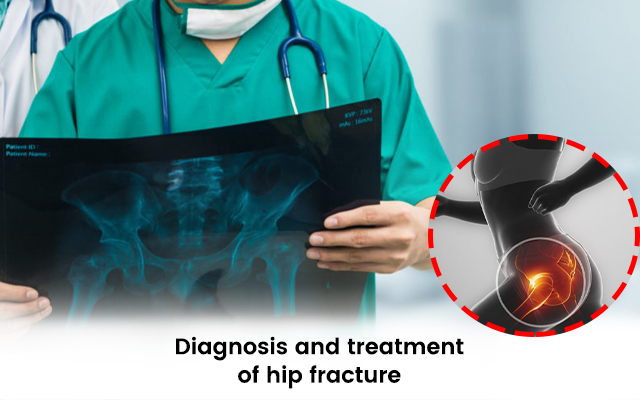Hip fractures occur as a result of a break in the femur. These fractures most commonly happen in older adults because their bones become brittle or weaken as they age. Most cases of hip fractures cause severe pain and need to be treated with immediate surgery. Below, the best orthopedic doctor in Newtown has discussed the symptoms, diagnosis, and treatment of hip fractures.
Symptoms of hip fracture
- Pain: Hip pain from a fracture is generally sharp and severe. However, it might also be mild. Most people experience pain in the pelvis, thigh, outer hip, and groin area. Pain may radiate down the buttocks to the leg. In some cases, people with hip fractures can also experience knee pain.
- Physical changes: You may develop a bruise on the injured hip. And it might appear twisted, rotated, or out of position.
- Limited mobility: Most people suffering from a hip fracture cannot walk or stand. Walking can be painful and put pressure on the legs.
Diagnosis
According to the best orthopedic doctor in Newtown, a hip fracture is diagnosed with the help of the following tests.
- X-ray: An X-ray uses radiation to produce detailed images of the bones.
- CT scan: A CT scan is performed with the help of a computer and some X-rays to enable the doctor to view the area of the fracture.
- MRI: An MRI refers to an imaging test that forms pictures of soft tissues and bones.
Treatments
As per the top orthopedic surgeon in Saltlake, a hip fracture can be treated in the following ways.
- Surgery: Most hip fractures require surgical treatment. There are various kinds of hip surgery techniques that your orthopedic surgeon will choose from to secure your bones and maintain their position.
- Physical therapy: Your physical therapist might create a program to help you regain strength, flexibility, and movement. In case you had a hip replacement, the former may recommend some exercises after your hip surgery. This will help improve your range of motion significantly.
- Hip replacement: Depending on the kind of injury, you will need a total or partial hip replacement.
- Medications: Pain and over-the-counter medications will help reduce inflammation and manage pain. In case you had surgery for your hip fracture, your doctor will prescribe certain antibiotics to eliminate the risk of infection.
If you identify with the aforementioned symptoms, reach out to The Newtown Clinic. We will diagnose your condition and offer the most suitable treatment.







